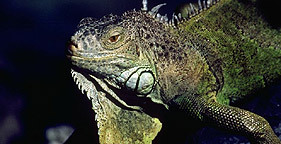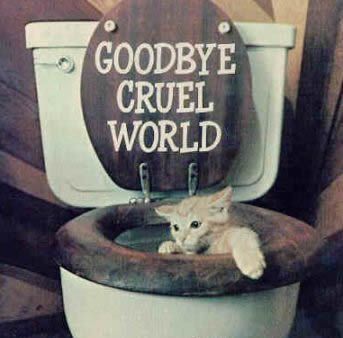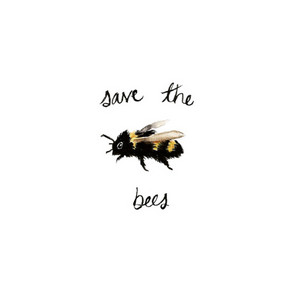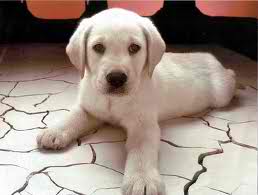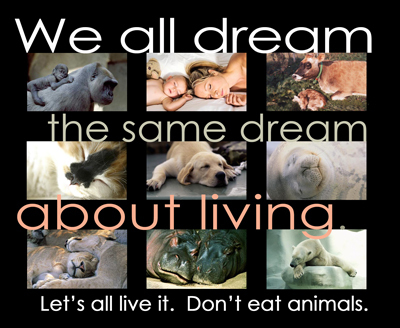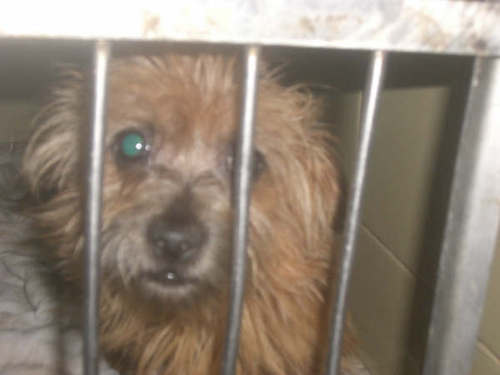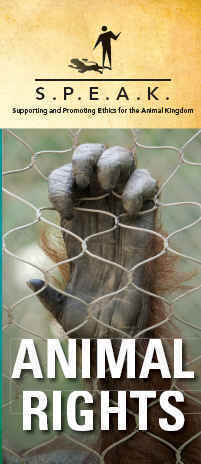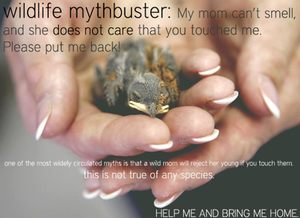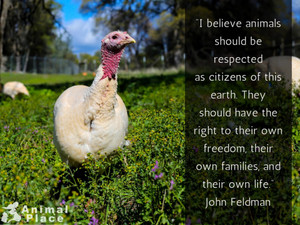The Humane Society of the United States strongly opposes keeping wild animals as pets. This principle applies to both native and nonnative species, whether caught in the wild or bred in captivity. The overwhelming majority of people who obtain these animals are unable to provide the care they require.
Caring for Wild Animals Is Difficult or Impossible
Despite what animal sellers may say, appropriate care for wild animals requires considerable expertise, specialized facilities, and lifelong dedication to the animals. Their nutritional and social needs are demanding to meet and, in many cases, are unknown. They often grow to be larger, stronger, and more dangerous than owners expect or can manage. Small cats such as ocelots and bobcats can be as deadly to children as lions and tigers. Wild animals also pose a danger to human health and safety through disease and parasites.
Baby Animals Grow Up
Baby animals can be irresistibly adorable—until the cuddly baby becomes bigger and stronger than the owner ever imagined. The instinctive behavior of the adult animal replaces the dependent behavior of the juvenile, resulting in biting, scratching, or displaying destructive behaviors without provocation or warning. Such animals typically become too difficult to manage and are confined to small cages, passed from owner to owner, or disposed of in other ways. There are not enough reputable sanctuaries or other facilities to properly care for unwanted wild animals. They can end up back in the exotic pet trade. Some may be released into the wild where, if they survive, they can disrupt the local ecosystem.
Wild Animals Spread Disease
The Centers for Disease Control and Prevention (CDC) discourages direct contact with wild animals for a simple reason: They can carry diseases that are dangerous to people, such as rabies, herpes B virus, and Salmonella. The herpes B virus commonly found among macaque monkeys can be fatal to humans. Thousands of people get Salmonella infections each year from contact with reptiles or amphibians, causing the CDC to recommend that these animals be kept out of homes with children under five. A recent outbreak of monkeypox was set in motion when small mammals carrying the disease were imported for the pet trade and infected native prairie dogs, which were also sold as pets.
Domestication Takes Thousands of Years
Wild animals are not domesticated simply by being captive born or hand-raised. It's a different story with dogs and cats, who have been domesticated by selective breeding for desired traits over thousands of years. These special animal companions depend on humans for food, shelter, veterinary care, and affection. Wild animals, by nature, are self-sufficient and fare best without our interference. The instinctive behavior of these animals makes them unsuitable as pets.
Capturing Wild Animals Threatens Their Survival
When wild-caught animals are kept as pets, their suffering may begin with capture—every year millions of birds and reptiles suffer and die on the journey to the pet store. Even after purchase, their lives are likely to be filled with misery. If they survive, they may languish in a cramped backyard cage or circle endlessly in a cat carrier or aquarium. More commonly, they become sick or die because their owners are unable to care for them properly. The global wild pet trade continues to threaten the existence of some species in their native habitats.
Having any animal as a pet means being responsible for providing appropriate and humane care. Where wild animals are concerned, meeting this responsibility is usually impossible. People, animals, and the environment suffer the consequences.
Caring for Wild Animals Is Difficult or Impossible
Despite what animal sellers may say, appropriate care for wild animals requires considerable expertise, specialized facilities, and lifelong dedication to the animals. Their nutritional and social needs are demanding to meet and, in many cases, are unknown. They often grow to be larger, stronger, and more dangerous than owners expect or can manage. Small cats such as ocelots and bobcats can be as deadly to children as lions and tigers. Wild animals also pose a danger to human health and safety through disease and parasites.
Baby Animals Grow Up
Baby animals can be irresistibly adorable—until the cuddly baby becomes bigger and stronger than the owner ever imagined. The instinctive behavior of the adult animal replaces the dependent behavior of the juvenile, resulting in biting, scratching, or displaying destructive behaviors without provocation or warning. Such animals typically become too difficult to manage and are confined to small cages, passed from owner to owner, or disposed of in other ways. There are not enough reputable sanctuaries or other facilities to properly care for unwanted wild animals. They can end up back in the exotic pet trade. Some may be released into the wild where, if they survive, they can disrupt the local ecosystem.
Wild Animals Spread Disease
The Centers for Disease Control and Prevention (CDC) discourages direct contact with wild animals for a simple reason: They can carry diseases that are dangerous to people, such as rabies, herpes B virus, and Salmonella. The herpes B virus commonly found among macaque monkeys can be fatal to humans. Thousands of people get Salmonella infections each year from contact with reptiles or amphibians, causing the CDC to recommend that these animals be kept out of homes with children under five. A recent outbreak of monkeypox was set in motion when small mammals carrying the disease were imported for the pet trade and infected native prairie dogs, which were also sold as pets.
Domestication Takes Thousands of Years
Wild animals are not domesticated simply by being captive born or hand-raised. It's a different story with dogs and cats, who have been domesticated by selective breeding for desired traits over thousands of years. These special animal companions depend on humans for food, shelter, veterinary care, and affection. Wild animals, by nature, are self-sufficient and fare best without our interference. The instinctive behavior of these animals makes them unsuitable as pets.
Capturing Wild Animals Threatens Their Survival
When wild-caught animals are kept as pets, their suffering may begin with capture—every year millions of birds and reptiles suffer and die on the journey to the pet store. Even after purchase, their lives are likely to be filled with misery. If they survive, they may languish in a cramped backyard cage or circle endlessly in a cat carrier or aquarium. More commonly, they become sick or die because their owners are unable to care for them properly. The global wild pet trade continues to threaten the existence of some species in their native habitats.
Having any animal as a pet means being responsible for providing appropriate and humane care. Where wild animals are concerned, meeting this responsibility is usually impossible. People, animals, and the environment suffer the consequences.


